How Long Do You Give Fetch.io?

The new Bittorrent related service Fetch.io has been in the news ever since it was mentioned over at Torrentfreak two days ago. Fetch.io acts as a middleman by downloading torrents to their servers. The files that are downloaded this way are automatically transcoded into mp4 and Flash video formats before they become available for streaming, downloading and sharing.
Torrents are seeded by the service until a ratio of 1:1,25 has been reached, which means that you share more than you download.
Fetch.io additionally supports file hosting websites such as Rapidshare, Filesonic or Megaupload besides torrents.
I do not want to rehash everything that has been said about Fetch.io, the Torrentfreak article and comment section covers this extensively already.
What I would like to do instead is to look at the service from a legal and business perspective.
The service is currently offering free beta accounts that give users 20 Gigabytes of storage and 40 Gigabytes of bandwidth. You can get your bandwidth reset by emailing the developers.
If you tried to use the service ever since it has been mentioned by Torrentfreak you may have noticed that it is not capable of handling the load currently. You may get error messages on various pages of the service. Some users have reported that they cannot add torrents at all at this point, others noted that while they were able to add torrents, they could not get Fetch.io to download them.
The developers mentioned that they are starting to add more server hardware to improve overall performance of the service for all beta users.
Plans are to launch a paid service after the beta phase. There will still be a free account available for users to test the service, but the storage and bandwidth will likely be reduced. The fact that both torrent and file hosting sites are supported makes the service attractive, the pricing and payment options will however determine if the service will become a success, or if it will disappear like many others before it.
While there is a market for services like this, it should be clear that only a minority of users are willing to pay for such a service. The main reason for that is that payments link their identity to the online account.
But what about legalities? I'm no lawyer, and I may be dead wrong here, but is not the service downloading and seeding those torrent files? What happens if the service seeds and downloads copyrighted media? Can the service be held accountable for that?
On the other hand, the torrents are selected by the user of the service. So who is infringing here? The user uploading the torrent, the service that is download and seeding the files, both, or none?
What's your take on Fetch.io? Do you think that they will be around in a year?
Update: The Fetch.io website is currently not accessible. It can be that the product has been discontinued, or that the service is currently experiencing technical difficulties.
Advertisement
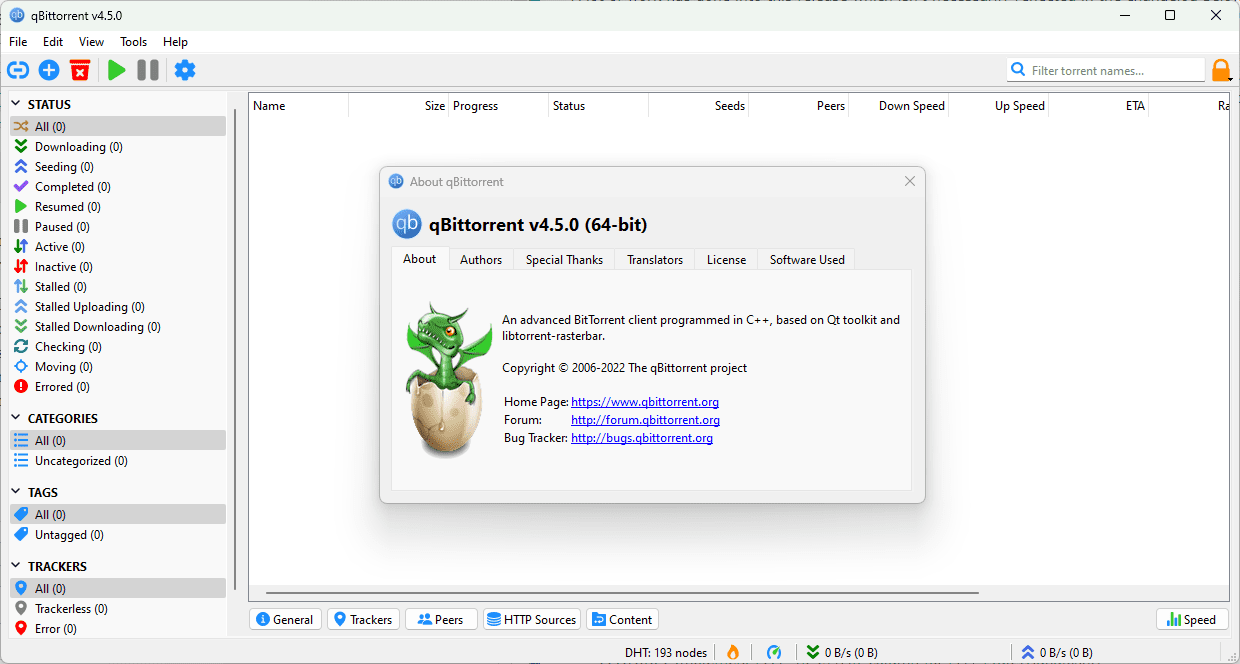
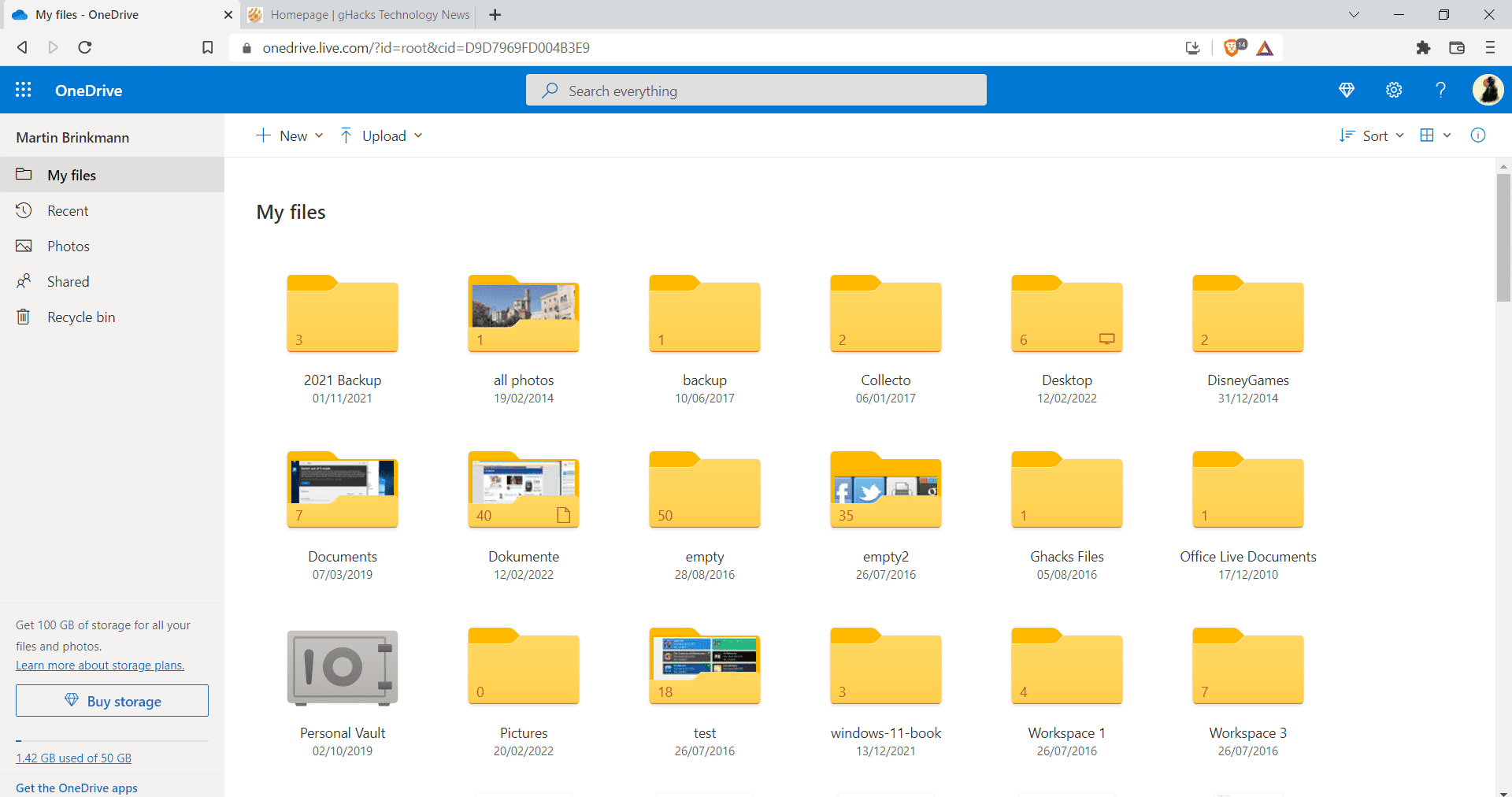
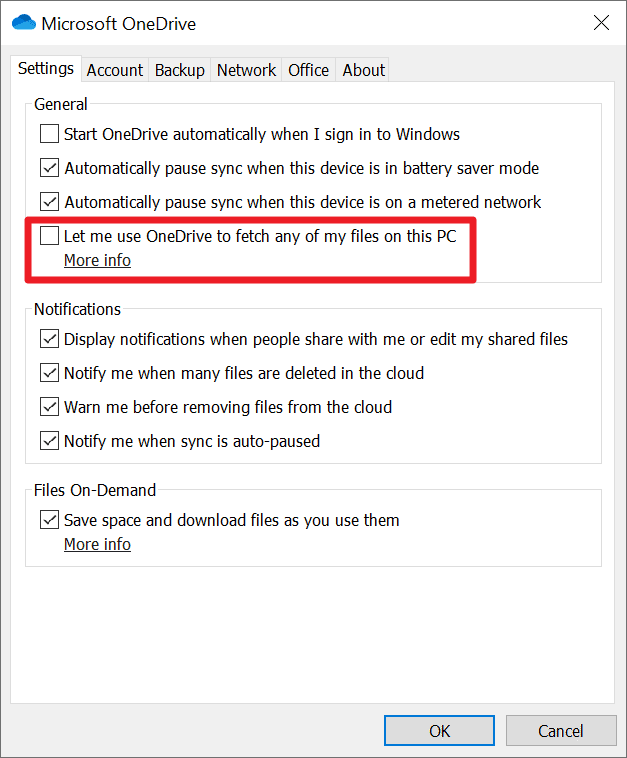
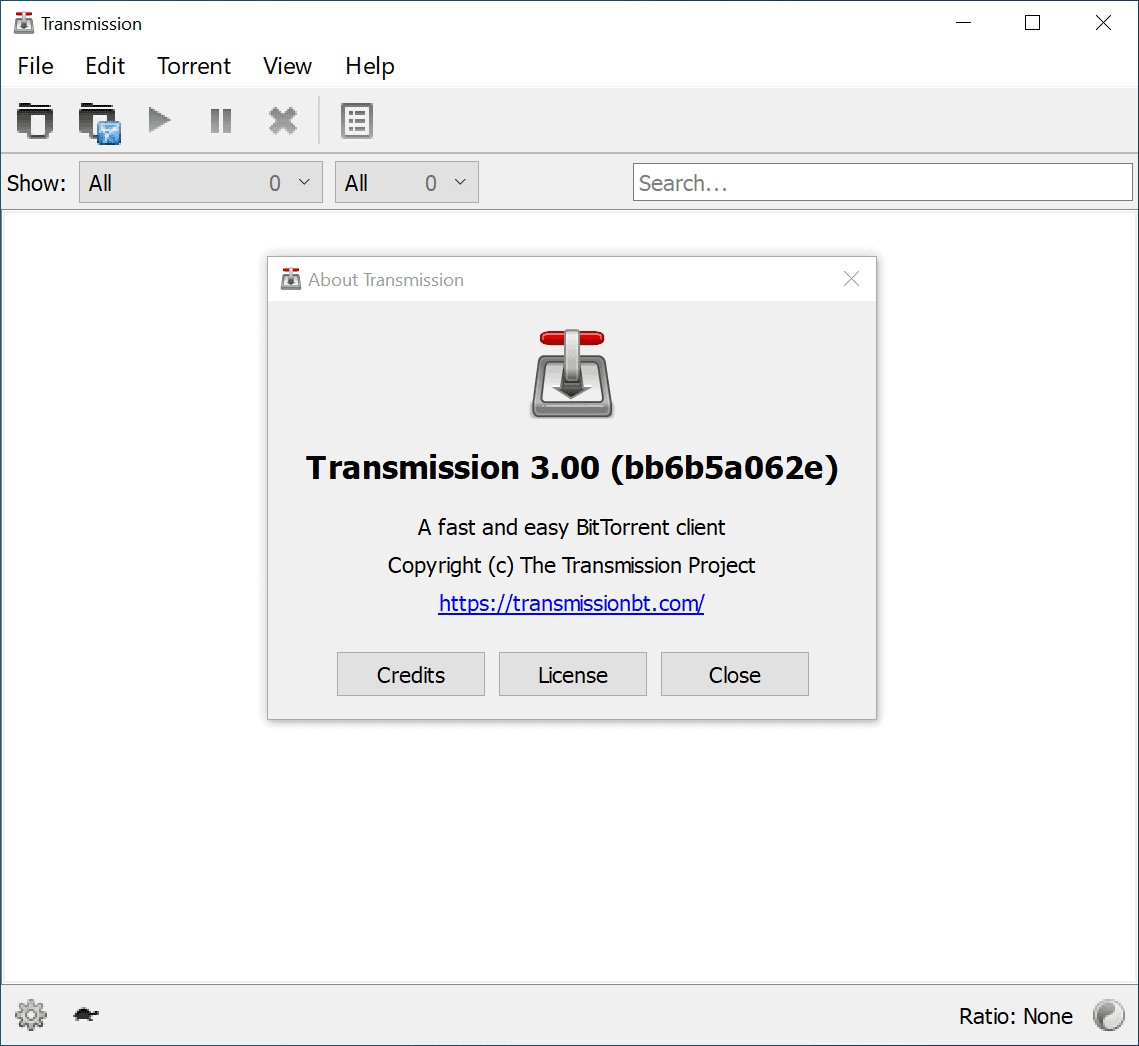
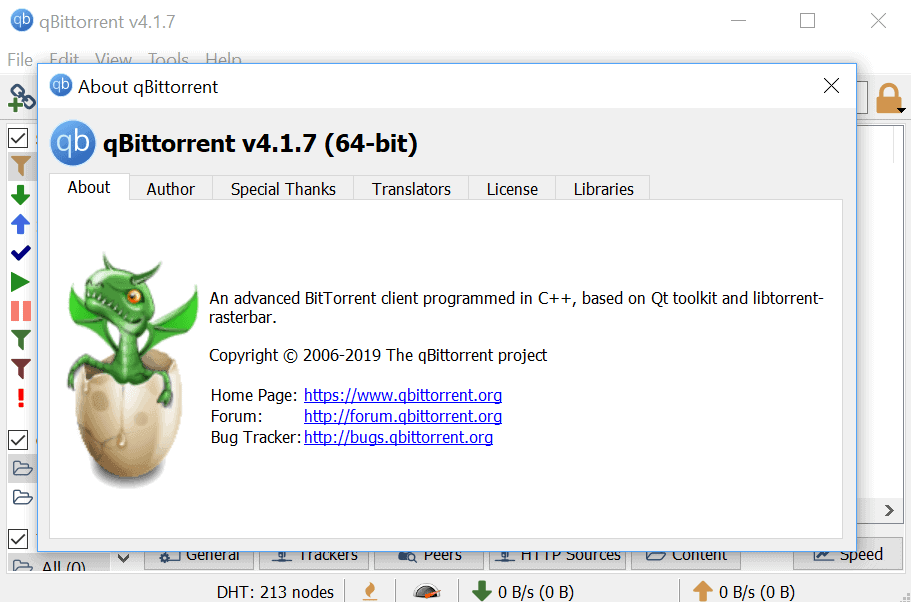
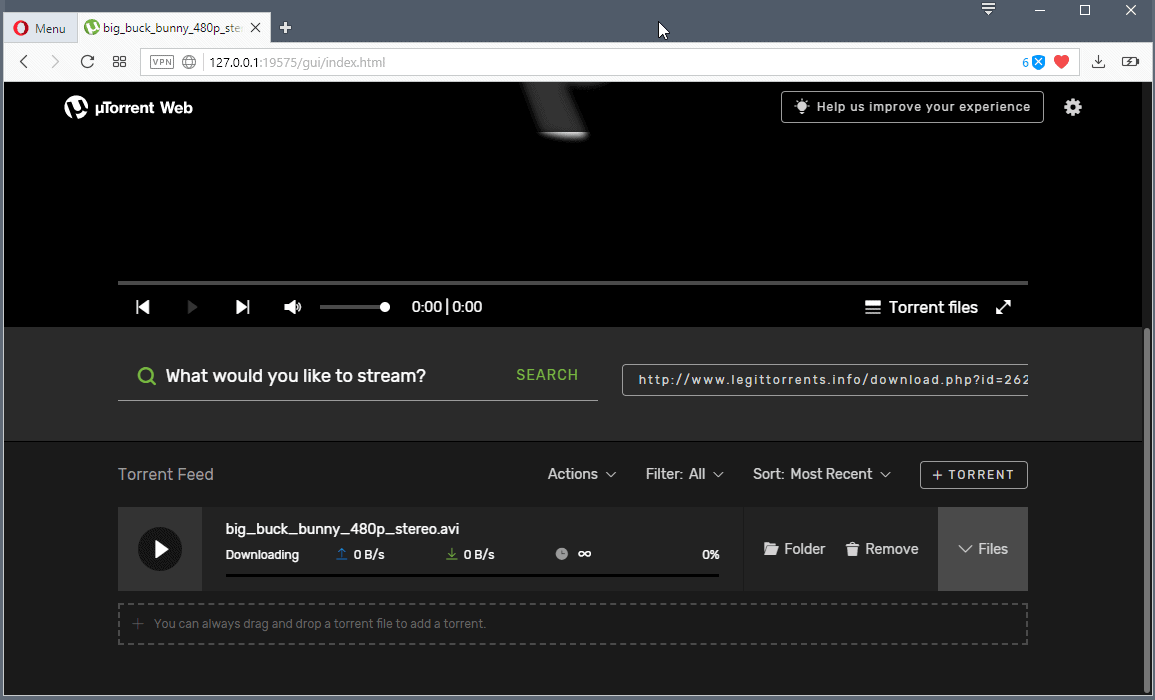



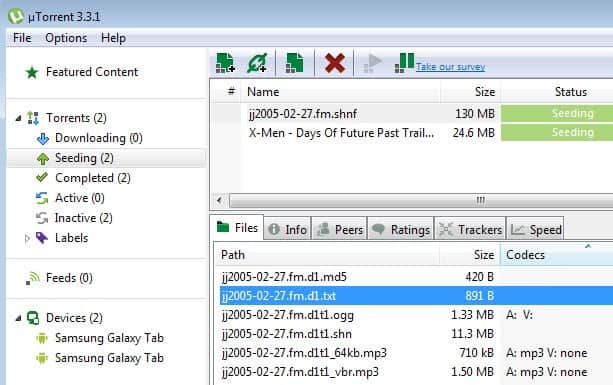










I received the same email.
I’ll consider paying my debts as that’s about as much as I have in my bank.
RIP Fetch.io
Fetch.io sent me this email today:
Dear ,
This is a notification that your service has now been suspended. The details of this suspension are below:
Product/Service: Free
Amount: $0.00 USD
Due Date: 00/00/0000
Suspension Reason: Overdue on Payment
Please contact us as soon as possible to get your service reactivated.
When I tried to respond, the email came back undeliverable.
till now, it couldn’t fetch a torrent
it worked fine at the beginning , now the transfer rate is always 0
is it like that for everybody?
Considering my success rate of actually fetching a torrent, legal issues won’t exist with this service.
I get it, the servers are overloaded. I got it the first day. Now it’s the (fifth?) day, and I still haven’t successfully fetched, or even started fetching a single torrent.
Yet the beta is still open to everyone.
Just because something is copy-written doesn’t mean fair use doesn’t apply. That’s what fair use is all about, after all.
and there’s also put.io, I guess namesake of fetch.io, who did all this one year ago.
When I saw Fetch.IO, I thought it would be much cooler. Fetch.IO doesn’t stream right away. I really think that you should checkout nukeDL.com which actually does everything Fetch.IO does, but way faster and way better.
I think lawyers will be all over them once they realize that this service is out there. The Pirate Bay only tracks and hosts the .torrent files and has nothing to do with the actual copyrighted files, and look what they have been through.
If they have deep enough pockets backing them and set a good price and means of payment ( like anonymous prepaid of some sort) then i think they can make it until all the suits catch wind. If they can manage that I give them a couple years.
Seeding a file via BT doesn’t actually transfer the file to anyone. You give 1/100,000th of a file to person a, and another to person b. Even if you give a quarter of the file to someone, it’s still unusable: just a bunch of wasted 1s and 0s. The onus is on the receiving client to put the jig-saw puzzle together.
Complaining about BT is like complaining about me giving a public performance of copy-written text after listening to me speak all day long and then stringing the words together as you see fit. “He’s using our trademark! In the first part of this article he said “Just”, the second paragraph used our word “do”, and finally he had the audacity to use “it” as a closer!”
Adam, I do understand that. As far as I understand the service though, it seems to download the full file in order to stream it to the user.
So long as the stream urls aren’t public, why would streaming the file be a problem? Isn’t the onus on RIAA to provide a case that each situation isn’t fair use (provided that this streaming server is even located within US juristiction)? How are they even going to know if a file is available to stream unless the URL is revealed?
Adam, maybe I have not made my point clear. I do not think that the streaming is the problem, I think it is the fact that they may download copyrighted files and host them on their server. I always was under the impression that this is again the law.